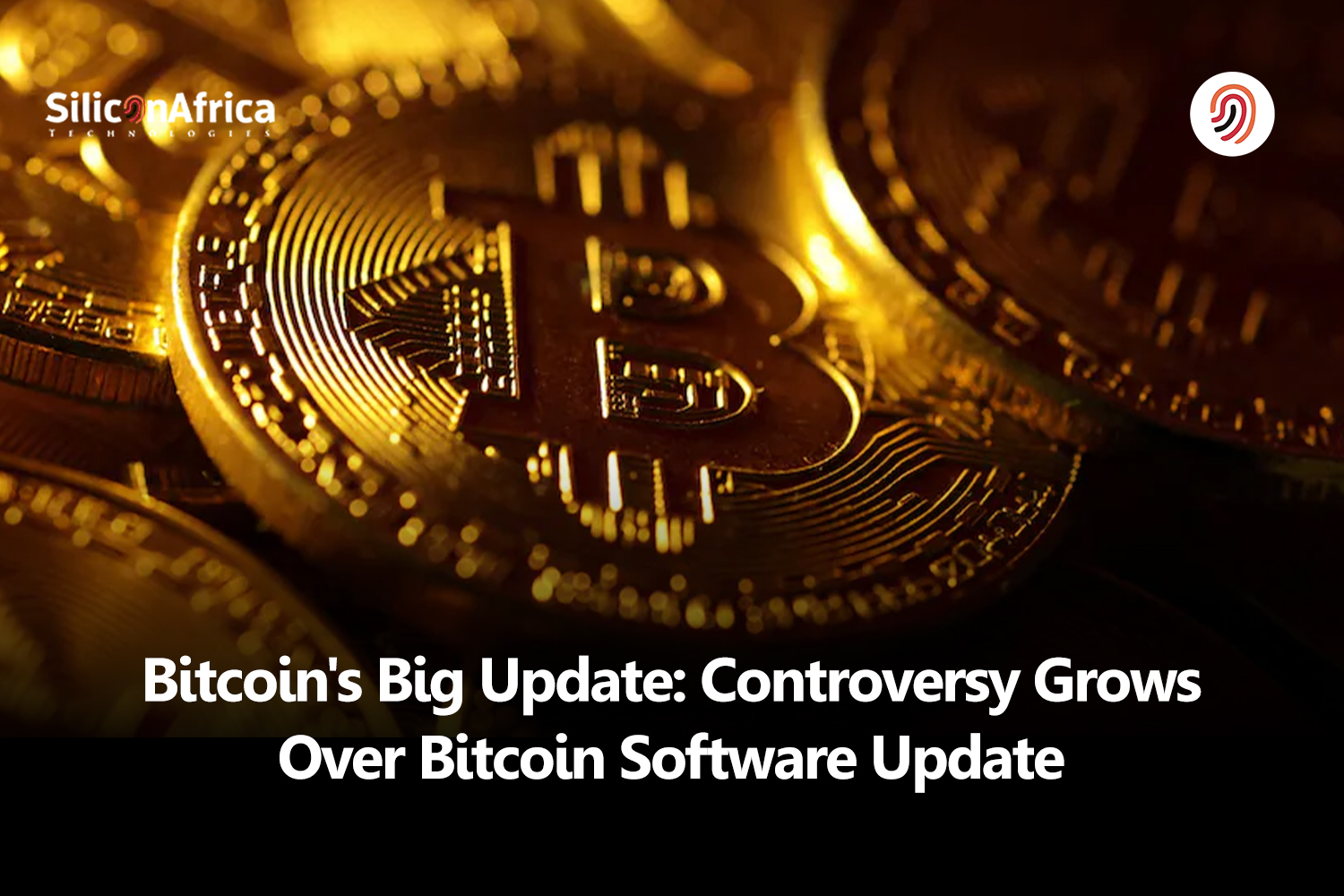Physical Address
60 Ekwema Cres, Layout 460281, Imo
Physical Address
60 Ekwema Cres, Layout 460281, Imo

An intense debate has erupted within the Bitcoin community over a proposed software upgrade known as BIP (Bitcoin Improvement Proposal), with proponents touting its potential to propel Bitcoin into the future of finance and detractors raising concerns about its impact on security and decentralization.
The BIP, dubbed OP_CAT, has ignited a firestorm of controversy over the Bitcoin software update, pitting those who believe it is essential for Bitcoin’s continued relevance against those who fear it could undermine the very foundations upon which the cryptocurrency was built.
At the heart of the Bitcoin software revamp debate lies the question of whether Bitcoin can remain competitive in an ever-evolving financial landscape without sacrificing its core principles.

Proponents of the upgrade argue that OP_CAT is a necessary step to enhance Bitcoin’s functionality and enable it to support smart contracts, a type of self-executing agreement that has become a cornerstone of the blockchain revolution.
Smart contracts have the potential to streamline a wide range of financial transactions, from automating escrow payments to facilitating secure lending agreements.
By incorporating smart contract capabilities, Bitcoin could unlock a new wave of innovation and attract a broader user base.
Opponents of the Bitcoin software update, however, express reservations about the potential security risks associated with OP_CAT.
They argue that introducing greater complexity to the Bitcoin protocol could create new vulnerabilities that malicious actors could exploit.
Additionally, they raise concerns about the potential for centralization, as the implementation of OP_CAT may necessitate changes to Bitcoin’s mining process, which could concentrate power in the hands of a select few miners.
The Bitcoin software debate also hinges on the question of decentralization, a fundamental tenet of Bitcoin’s design philosophy.
Bitcoin was created as a decentralized currency, free from the control of any government or financial institution.
Read More: What is a Cryptocurrency Loan Service Implemented on a Blockchain?
Opponents of the upgrade fear that OP_CAT could lead to a more centralized system, where a small number of actors have undue influence over the network.
The path forward for the Bitcoin software update remains uncertain.
The Bitcoin network operates on a consensus mechanism, meaning that any changes to the protocol must be approved by a majority of miners and users.
The contentious nature of the OP_CAT proposal suggests that achieving consensus could be an uphill battle.
Proponents will need to assuage the concerns of those who prioritize security and decentralization, while opponents will need to be open to the potential benefits that OP_CAT could bring.
The Bitcoin software revamp debate serves as a microcosm of the larger challenges facing the cryptocurrency industry as a whole.
As Bitcoin matures and seeks to gain mainstream adoption, it must grapple with the need to innovate while staying true to its core principles.
The outcome of the OP_CAT debate will be closely watched by industry insiders and cryptocurrency enthusiasts alike, as it could have far-reaching implications for the future of Bitcoin and the broader digital asset landscape.
Was this information useful? Drop a nice comment below. You can also check out other useful contents by following us on X/Twitter @siliconafritech, Instagram @Siliconafricatech, or Facebook @SiliconAfrica.